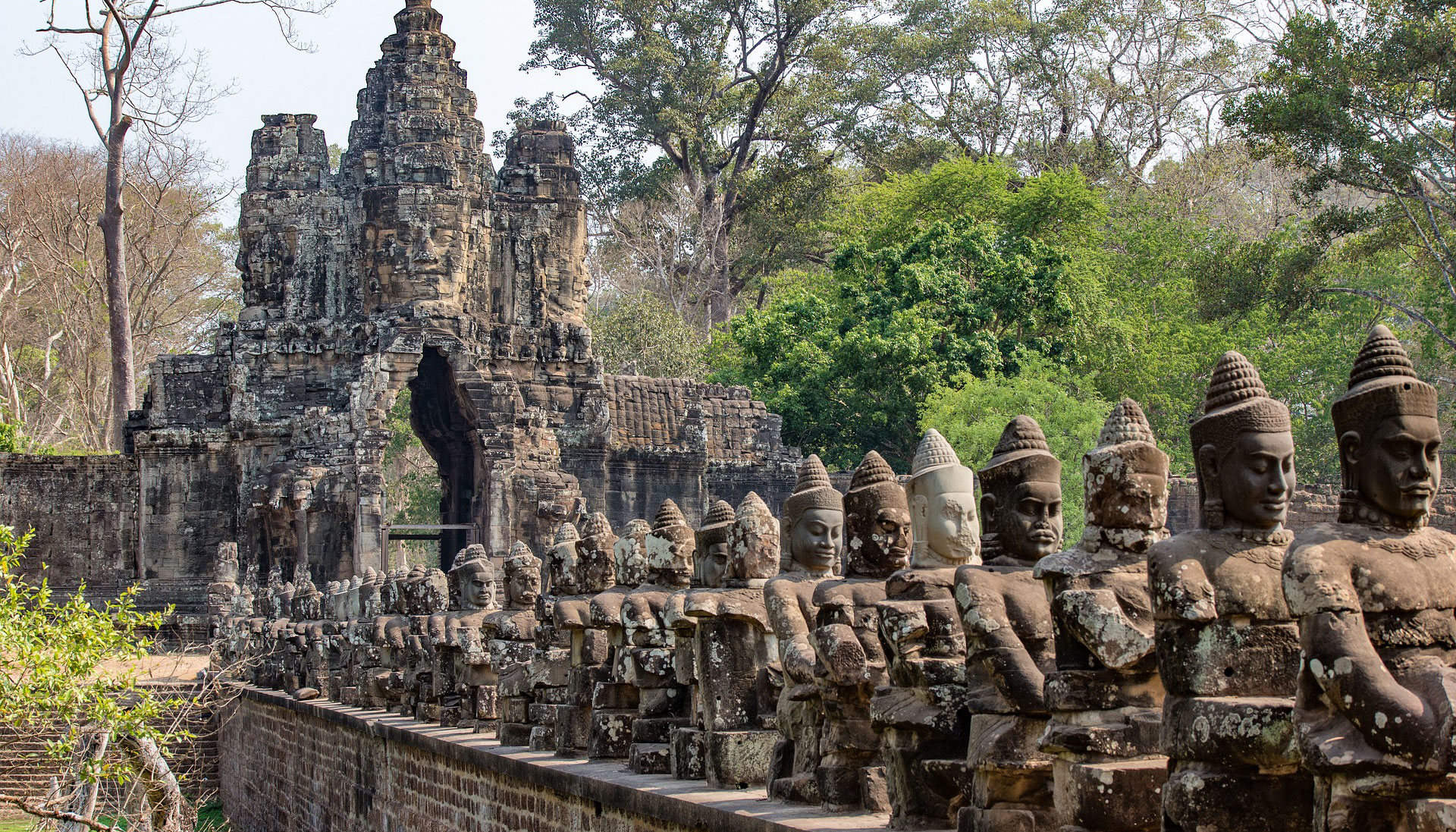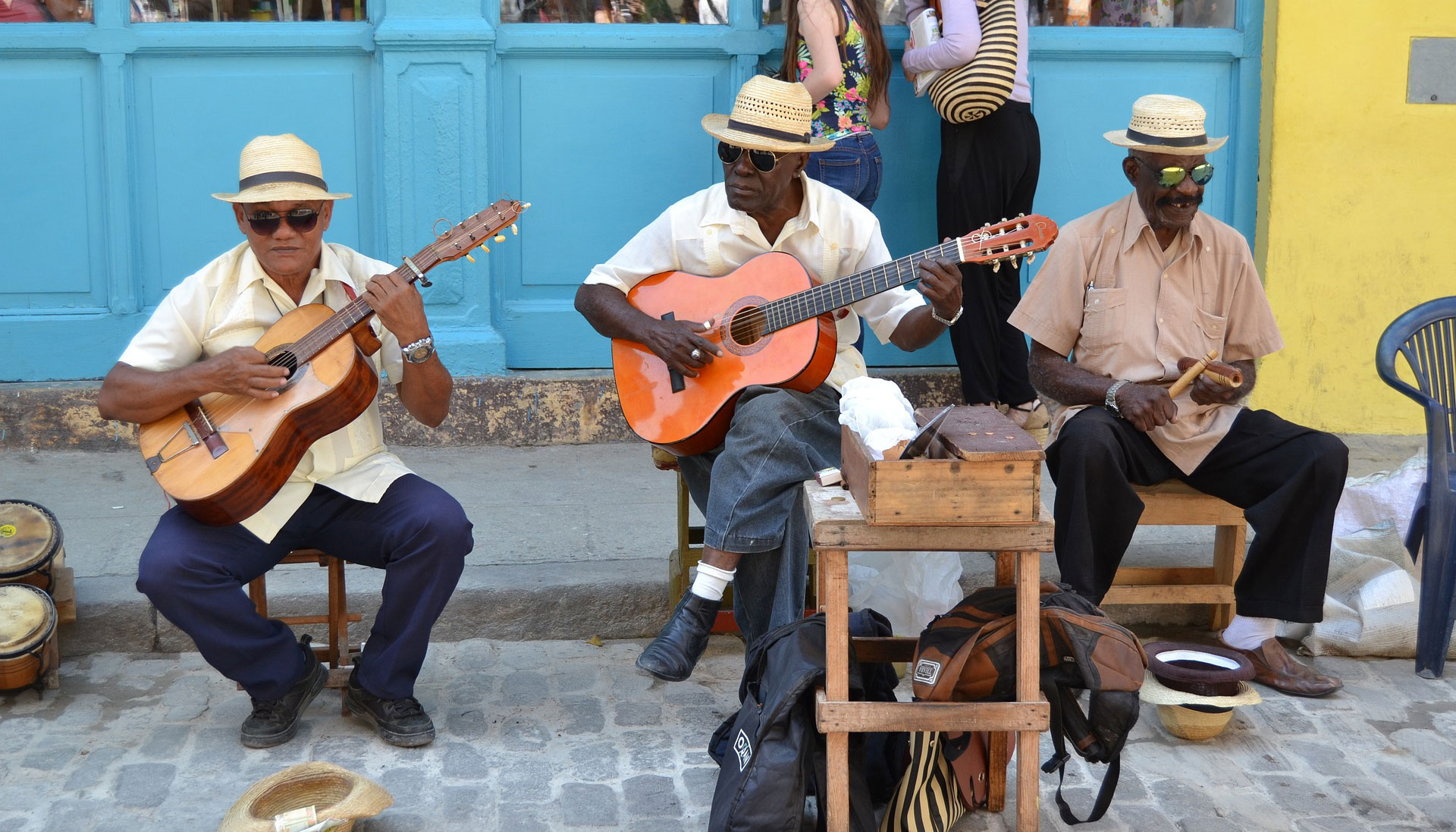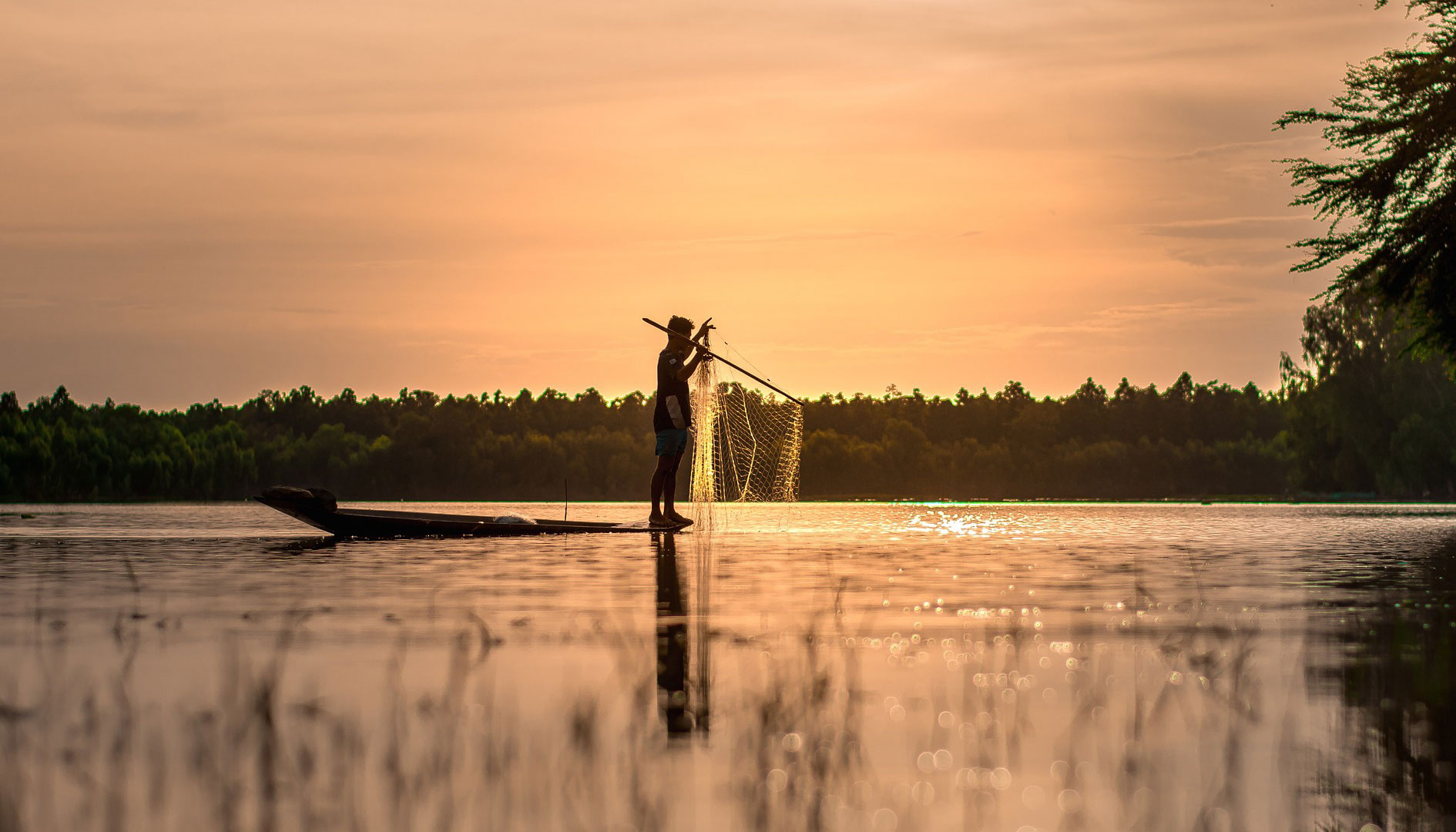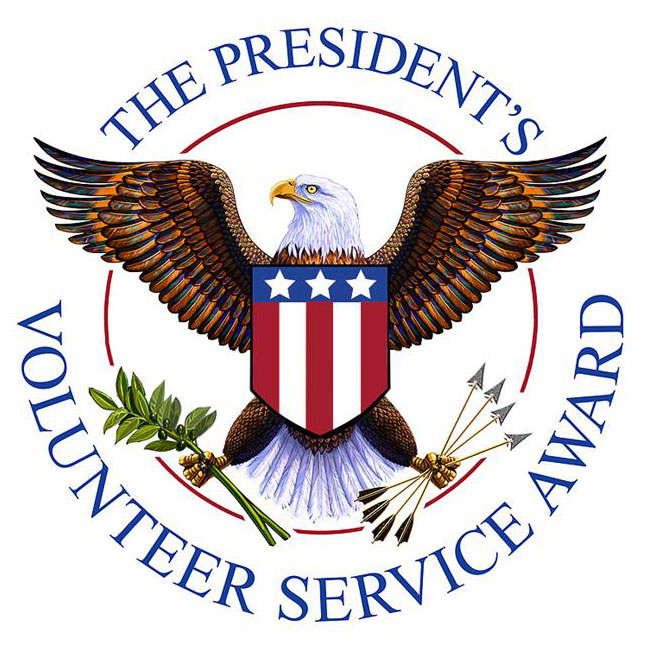Flying makes many folks nervous enough to do specific rituals to feel safer. Find out the reasons why and do any of our Globe Aware volunteers follow any of the same superstitions mentioned?
Superstitious flyer? A psychologist reveals the meaning behind the rituals
By Tarah Chieffi
Aug. 10, 2023
The Points Guy
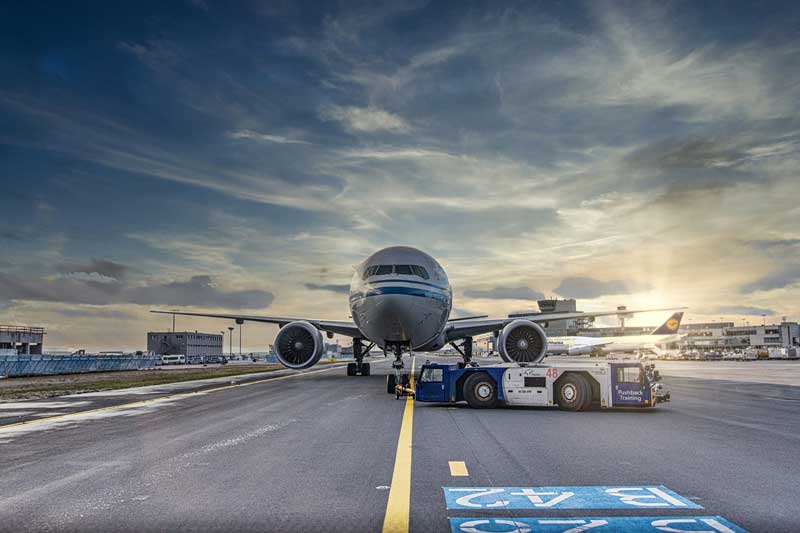
Common sense tells us that many of the activities we engage in every day are more dangerous than flying. Even so, you are much more likely to meet someone who's nervous about flying than someone who's afraid of other modes of transportation, such as cars or bicycles. In fact, according to the International Air Transport Association, aviation is the safest form of long-distance transportation, with the equivalent of one fatal accident for every 4.2 million flights.
Flying makes some people nervous enough they do superstitious things every time they fly. You've probably heard of some flying superstitions, such as touching the outside of the plane before boarding. Others, like placing a bit of dirt in your shoe so you always have one foot on the ground, are less common but serve the same purpose: bringing a bit of comfort and control to an otherwise uncomfortable situation.
Where do these superstitions come from? And can they actually help keep passengers calm on a flight? TPG spoke with clinical psychologist and author Barbara Greenberg to learn the meaning behind flying superstitions and whether they can be harmful or helpful to air travelers.
"It is true that driving a car is more dangerous than flying in an airplane, but there is a sense of perceived control when you are behind the wheel of your car," Greenberg told TPG. "Being up in the air, on the other hand, feels very unnatural. You feel like you have no control, and you are completely at the mercy of the flight crew."
For some flyers, it's easy to fixate on all of the things that could go wrong, no matter how unlikely they are. Even if something were to go wrong, most of us don't know how to fly an airplane. Instead of being able to walk into the cockpit and lend the pilot a helping hand, many flyers turn to superstitions to assert a degree of control over the situation.
Greenberg explained how flying superstitions originate. "If you engage in a certain behavior when you do something that you are anxious about and nothing bad happens, you start to think that your behavior is what helped keep you safe," she said.
In the case of flying, if you touch the outside of the plane or carry a good-luck charm and land safely at your destination, you are likely to do it again and again to help you achieve that feeling of safety the next time you fly. "I think people know in their hearts that it isn't preventing a tragedy, but it eases their anxiety," Greenberg added.
It isn't only catastrophe that causes anxiety for flyers, though. Some of us are just concerned with whether or not we will reach our destination on time, which is a valid fear given the current landscape of frequent delays and cancellations. Some of the flyers TPG spoke to superstitiously refrain from buckling their seat belt until the boarding door is closed and the flight has been cleared for takeoff, or text themselves their flight information before a flight.
It's unlikely that the act of buckling your seat belt at a certain time or sending a text message can stop a flight delay, but if it makes you feel better in the moment, is it really hurting anything?
According to Greenberg, flying superstitions are perfectly harmless. On the contrary, they can actually be helpful. "Flying superstitions do work in the sense that they reduce your anxiety," Greenberg said. "If you have a superstition that doesn't harm anybody but helps to calm you down, engage in it," she added.
Flying can be scary. If your superstition helps make it less scary, go for it. It's just what the doctor ordered.
